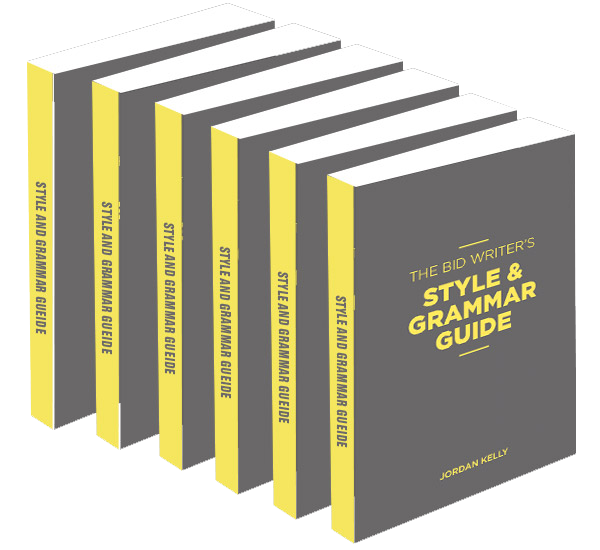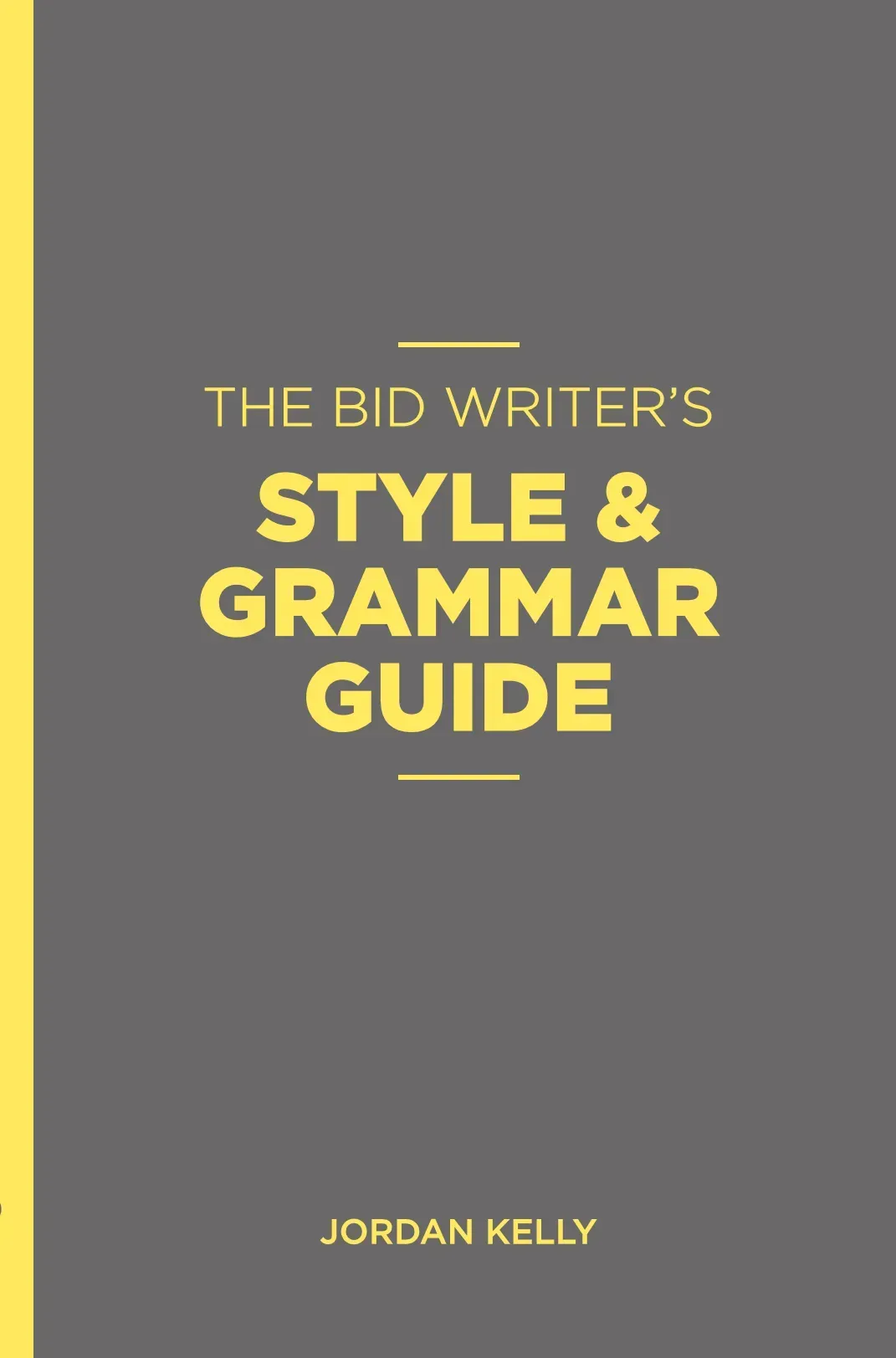CATEGORIES:

Here are some examples of particularly regrettable grammatical gaffes found in bid documentation:
- ‘Then’ Instead of ‘Than’
Unbelievably, some writers don’t know when to correctly use the word “than”, as opposed to “then” . . . as in:
“Should this occur, than (i.e.
should be “then”) we will implement the following contingency plan. Our experience demonstrates this course of action is more effective then (i.e. should be “than”) conventional responses.”
- ‘Your’ and ‘You’re’
Some writers don’t know the difference between “your” and “you’re” . . . (notwithstanding the fact that the contraction “you’re” has no place in bid writing) as in:
“We have given careful consideration to the issues your (i.e. should be “you’re”) currently experiencing as regards consumables recycling. You’re (i.e. should be “your”) systems will be monitored on a weekly basis.”
- Full Stops and Commas
And then there are writers who seem to think commas have replaced the traditional use of the full stop (and, worse still, that it serves no other function) . . . as in:
“This is a current area of focus for our organisation, we are deeply concerned about the impact upon local waterways.”
And there are writers who have never heard of the hyphen . . . as in:
"A 25 year old piece of equipment (which should be) a 25-year-old piece of equipment"
"A to be advised date to-be-advised date (which should be) a to-be-advised date"
Or, worse still, writers who use clumsy and un-hyphenated conglomerations like:
proAustralian
(which should be) pro-Australian
semidetachable (which should be) semi-detachable
It looks horrid. It reads horrid. And it makes a horrid impression with Expression of Interest and Request for Proposal evaluators who value correct English and grammar.
THE BID WRITER'S STYLE & GRAMMAR GUIDE
(Book)
I have written this comprehensive reference and tuition manual both for the professional bid writer and for those subject matter experts contributing submission content.
While first and foremost a “style and grammar guide”, I have taken the opportunity to also provide tuition on many other aspects of effective bid-writing - including the basic principles of strategy, as the essential foundation of a high-quality proposal.
THE BID WRITER'S STYLE & GRAMMAR GUIDE

(Six-Pack)
Exercised diligently across your entire bid team, these core principles and practices will see you produce not only grammatically correct and highly readable, but also strategic and compelling, submissions.
For this purpose, the
Guide
is also offered as a six-pack
(6 books for the price of 5).



